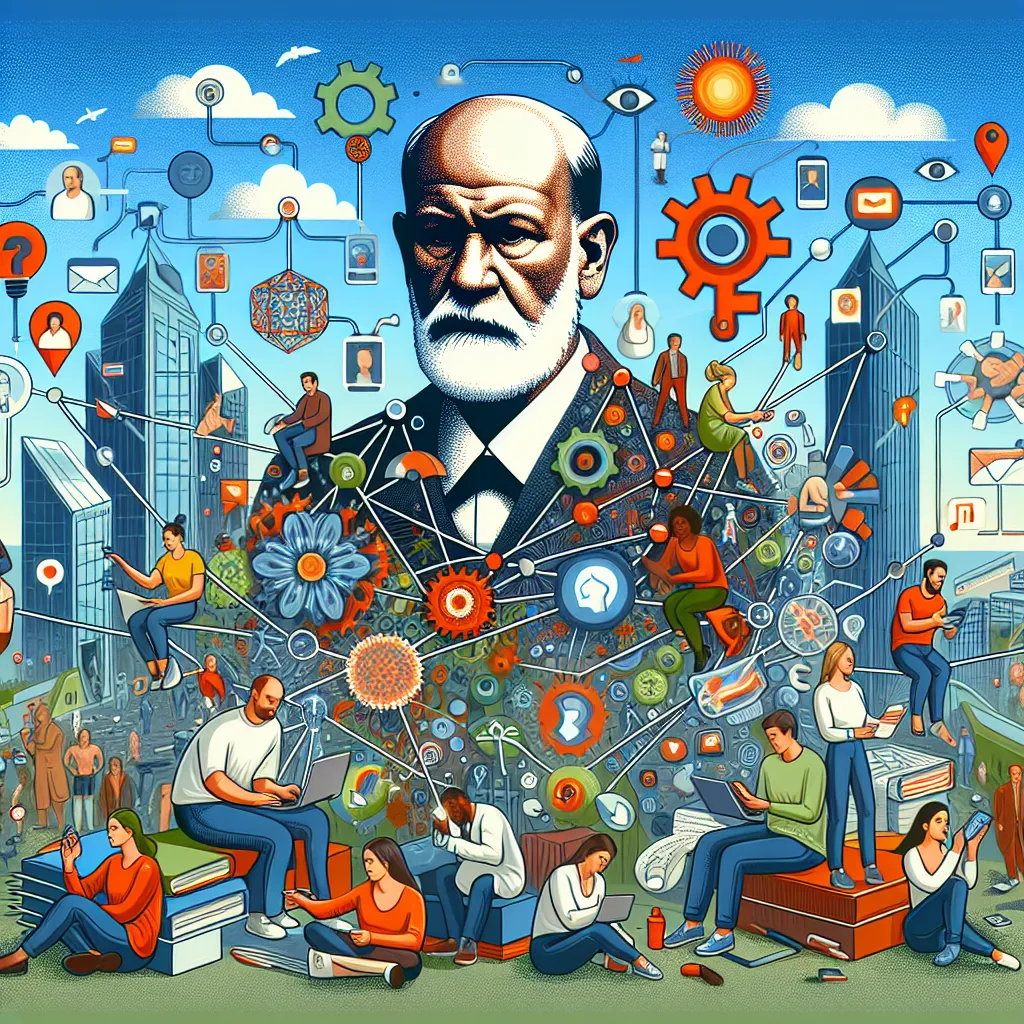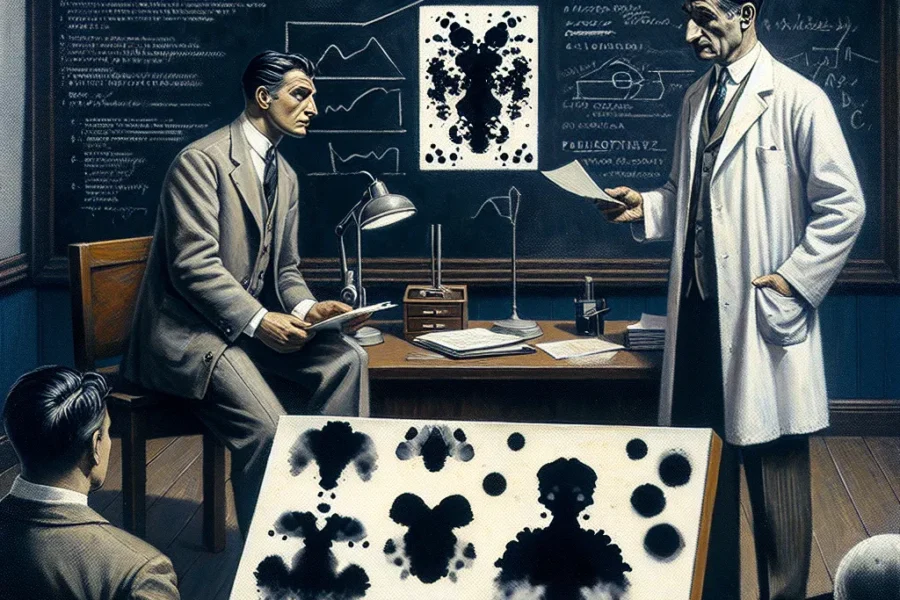Psychodynamic theory, originally formulated by Sigmund Freud in the late 19th and early 20th centuries, has been a cornerstone of psychological thought for over a century. Despite the emergence of various new psychological approaches, psychodynamic principles continue to permeate the understanding of human behavior in today’s world, showing its enduring relevance across diverse fields such as mental health, education, the arts, and even business. This article delves into the essence of psychodynamic theory and its enduring application to contemporary contexts.
At the heart of psychodynamic theory lies the belief that human behavior and feelings are powerfully affected by unconscious motives. According to this view, our unconscious mind stores repressed memories, desires, and feelings, which influence our conscious actions and emotional responses. Psychodynamic theory emphasizes the exploration of these hidden parts of our psyche as a means to achieve self-awareness and resolve psychological distress.
One key component of psychodynamic theory is the concept of the psyche’s structure, consisting of the id, ego, and superego. The id is responsible for our basic instincts and drives, operating on the pleasure principle, seeking immediate gratification. The ego, functioning on the reality principle, helps manage the id’s desires in a manner that is realistic and socially appropriate. The superego, containing our moral values and ideals, strives for perfection and judges our actions. The dynamic interplay among these three elements shapes our behaviors and leads to internal conflicts that can manifest in various psychological issues.
The relevance of psychodynamic theory in modern psychotherapy is evident in numerous treatment modalities that have evolved from Freud’s initial ideas. These include psychoanalysis, psychodynamic psychotherapy, and various offshoots that incorporate psychodynamic concepts. These therapies aim to help clients explore their unconscious processes and gain insight into their inner worlds, leading to personal growth and symptom relief.
In the contemporary mental health landscape, psychodynamic therapy has proven effective for a range of psychological conditions, including depression, anxiety, and personality disorders. Its focus on the therapeutic relationship as a vehicle for change remains a compelling aspect of treatment. Patients are encouraged to speak freely about their experiences, thoughts, and emotions, an approach known as “free association,” which can reveal the unconscious content that contributes to their suffering.
Psychodynamic theory’s influence extends beyond individual therapy and has had a significant impact on understanding group dynamics and organizational behavior. In the workplace, psychodynamic concepts help explain how unconscious factors can affect leadership, employee relationships, and organizational culture. For example, the theory posits that individuals often unconsciously project their feelings onto others, which can either facilitate or hinder teamwork and collaboration.
Moreover, psychodynamic principles are valuable in educational settings, where understanding the emotional and unconscious factors in learning is critical. Educators and psychologists recognize that students’ behavior and motivation are significantly influenced by their inner emotional states and past experiences. By applying psychodynamic insights, teachers can foster a more nurturing and responsive educational environment that addresses the emotional well-being of students.
In the arena of arts and literature, psychodynamic theory offers a rich framework for analyzing characters, narratives, and creative processes. Artists and writers often delve into the unconscious to tap into deep-seated emotions and ideas that resonate with audiences on a profound level. Through symbolism, metaphor, and the exploration of themes such as conflict, desire, and transformation, the arts reflect the psychodynamic understanding of the human psyche.
Furthermore, psychodynamic theory remains influential in the domain of cultural analysis, where scholars examine societal trends and collective behaviors through a psychoanalytic lens. Questions of identity, ideology, and the influence of repressed societal desires or traumas are central to this area of study. By applying psychodynamic concepts, cultural theorists can gain insights into the psychological underpinnings of social phenomena, providing a deeper understanding of human nature and social change.
Despite facing criticism and skepticism over the years, particularly from those who favor more empirically based approaches, psychodynamic theory has adapted and persisted. Contemporary psychodynamic clinicians and researchers have sought to integrate findings from neuroscience and attachment theory, among other disciplines, to bolster the empirical grounding of psychodynamic concepts. This interdisciplinary approach has contributed to a modernization of the theory, making it more scientifically robust and applicable to current clinical practice.
In the digital age, online behavior and social media usage have opened new frontiers for psychodynamic exploration. Internet usage provides ample data for understanding the interplay of the conscious and unconscious mind in a virtual context. For instance, the way individuals curate their online personas or react to online content can offer glimpses into their unconscious motives and conflicts.
The relevance of psychodynamic theory today also emerges in its holistic view of individuals, considering both psychological and biological factors in understanding human behavior. This biopsychosocial approach aligns with current trends in psychology that emphasize an integrative understanding of mental health.
In summary, psychodynamic theory continues to offer profound insights into human behavior and emotional experience. Its relevance is evident across various domains, including mental health, education, business, the arts, and cultural studies. As the world evolves and new challenges emerge, the principles of psychodynamic theory provide a timeless framework for exploring the depths of the human psyche. By integrating the wisdom of the past with contemporary scientific advancements, psychodynamic theory remains a dynamic and pertinent tool for understanding ourselves and the world around us.



Leave a Comment